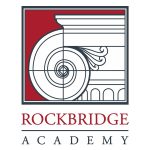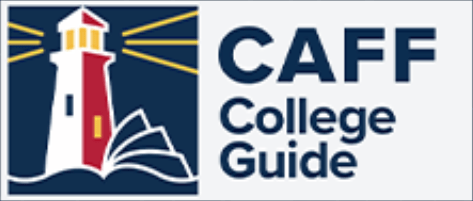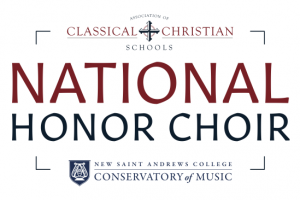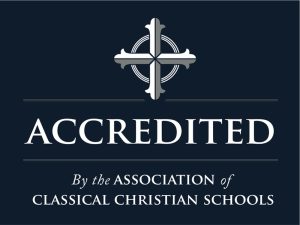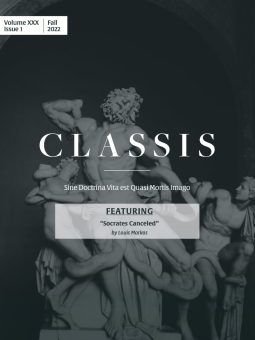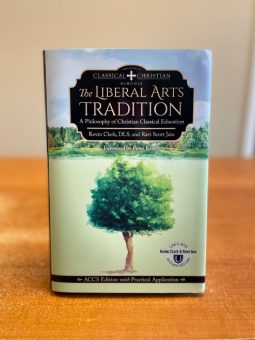STEM vs. Classical Science
We balance a rigorous core of science and math instruction within a broad array of classical subjects.
STEM
The pursuit of applied science and math (STEM) as practiced by secular educators often drives conventional schools to de-emphasize both quantitative and verbal reasoning necessary for future studies in science in favor of AP courses or specialized technology courses.
What you might see: Specialized science courses are offered in many scientific subjects, with additional options for electives and college tracks. Often, these college-prep courses are the most rigorous courses at the school. Students are encouraged strongly to engage in robotics, computers, and other technology. Graduation requirements are heavy in math, and some science.
- Many schools accept curricular elements for advanced placement or concurrent credit with colleges. These types of courses give the illusion of faster advancement in college. But, they are data-driven or skills-based.
- Many schools promote that their students can enter college as a sophomore, or save thousands of dollars.
- These courses are typically in STEM. For students bound for true STEM fields, their high school earned college credits are often inadequate for their degree.
When you think about it, these credits clearly show the deficiency of modern education—it’s about content. College professors and fellow students become unnecessary to gaining a college education.
The Bottom Line
A STEM centered education puts the cart in front of the horse. Students who learn to absorb subject matter without understanding how to assess the “Why” do not maintain a disposition of curiosity, which is necessary for future learning and career success. STEM threatens the creativity and critical thinking skills necessary for future innovations in the business world.
The Results
The best innovators in human history take great issue with a technical, STEM-based education. Steve Jobs said it best: “technology alone is not enough…it’s technology married with liberal arts, married with the humanities, that yields us the result that makes our hearts sing.”
Natural Philosophy
CCE balances rigorous core science and math instruction within a broad array of reasoning- based classical subjects. While students may not graduate with STEM college credit, students are taught to study the “why” of science and math. This fosters a learning disposition when the techniques and information of a field change—creating true scientists. This readiness to “ask the why” is part of the reason classically trained students score higher than any other type of school, including independent preparatory schools, in math and science. And, they are better trained to excel in college.*
*ACCS School SAT Survey, 2018
What you might see: Students may have fewer science options, but they engage core science with rigor. An emphasis on understanding the “why” rather than memorizing scientific methods integrates with other aspects of classical education. Overall, math and science is more proportionally balanced with the humanities. Like every successful business and thinker, classical Christian Education fosters the ability to have a strong grasp of basic knowledge over a narrow specialization (which is likely subject to change).
Bottom Line:
Over time, the discourse and discussion that occurs around the great literature, philosophy, and sciences relates itself to everyday life. This applied philosophy makes classical Christian education one of the best ways to take theory and turn it into practice. This translates into the working world as well, including STEM fields. David Kalt, the CEO of an online brokerage firm, gave testimony to this fact in the Wall Street Journal: “It’s very simple. A well-rounded liberal arts degree establishes a foundation of critical thinking. Critical thinkers can accomplish anything. Critical thinkers can master French, Ruby on Rails, Python or whatever future language comes their way. A critical thinker is a self-learning machine that is not constrained by memorizing commands or syntax.”
The Results:
Classical Christian education fosters the best and most creative learners. Their skill set is not contained to any specialized degree, but can move into every sector and add value.


